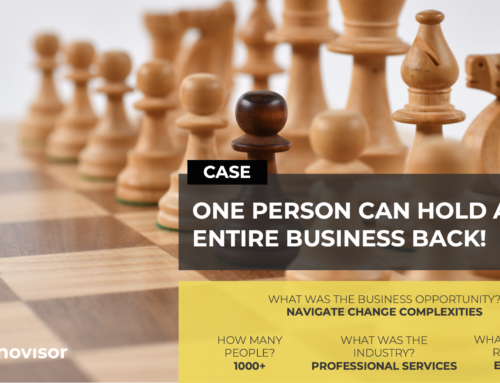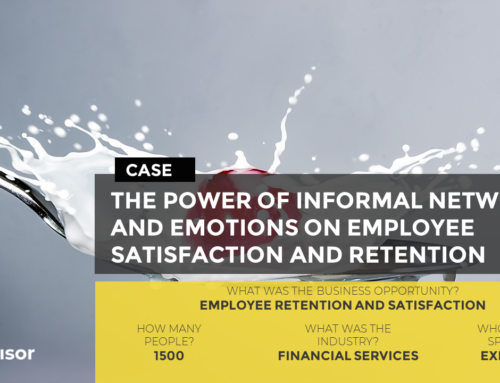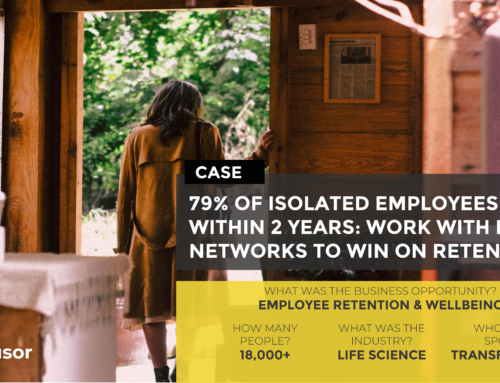Why Introverts Have More Influence
Let’s say you needed to identify the five employees with the most influence in your company.
Yes, try it out. Make a list… the top five!
Chances are your list will be full of extroverts. They are almost always the ones that pop up the first in people’s minds. The reasons are many.
What is the difference between extroverts and introverts?

Extroverts are very visible in organizations. They prefer to communicate verbally – not so much in emails. They are outgoing. They learn best by talking. They have many acquaintances. They enjoy sharing ideas at gatherings… also at the town hall meetings. They need the external stimulus and input from others to live and breathe. Very, very visible.
Introverts on the contrary are less visible in organizations. They prefer to communicate in writing. They learn best through thinking and processing. They have a select circle of friends. They appear to be good listeners – especially in 1:1 conversations. They need time alone to reenergize themselves…. so less visible.
Especially from the top of the ivory tower.
Why do introverts often have more influence?
The answer is already stated above. They appear to be good listeners. Especially in those really important 1:1 conversations, where real trust is built. Trust is of paramount importance for influence to happen.
Also, they are more passive listeners than active listeners. They hear the full story – and then they reflect before they respond.
Again please ask yourself, who of your colleagues would you seek out, if you needed a really important piece of advice? An extrovert that is constantly waiting for the chance to talk, and sees your pauses as an opportunity to utter their opinion?
Or the introvert that is listening to what you say, thinking and processing, before he/she carefully responds?
Please again list your top five.
Is it the same names you listed before? – Probably not.
The lady the executives should have known
In Innovisor we work with uncovering, how influence travels inside organizations. We use that insight to accelerate change.
Recently we presented our insights on, who had the most influence, on the executives of a medium-sized company. It was a lady that had been with the company for five years. Who had never been part of any talent development program, nor part of any of those crucial organizational initiatives that had been executed in the last five years?
But she is never speaking up at our town hall meetings…
The initial reaction of the executives was: “But she is never speaking up at our town hall meetings? – She is never saying anything.”
And they were right.
Her influence did not stem from being loud or charismatic. It came from her ability to listen, to reflect, and her willingness always to help.
Especially remarkable was her ability to remember the names of kids, spouses, and so forth when she checked in to see if everything was ok.
The executives were blind to that (Read another example here: The blind cannot make sense to the key influencer)
How to turn insights on influence into successful actions
The word of mouth in the company knew she was the go-to person.
In fact, 72% had short-listed her as one of their top go-to persons. And still, the executives did not know. (Read an example here: What happens, if your key employee is hit by a bus?)
72% had shortlisted her
Can you imagine, what would have happened, if they had decided to get rid of her during a sudden downturn? – It could have started an internal revolt.
Instead, the executives could now engage her in 1:1 conversations around their organizational priorities, let her ask questions, and challenge the changes happening.
All in an informal setting, which allowed her to build trust in them, and them in her.
After all, if she could not make sense of what they said about their organizational priorities and changes needed, and trusted them as individuals, then nothing would happen! Now, she did.
And she became an active advocate of the changes needed in all the 1:1 conversations she had with her colleagues every day.
Do you like our articles? Subscribe to our newsletter.







